BRICS nations to meet in South Africa next week to challenge Western dominance
Leaders of the BRICS countries are set to meet in South Africa for their annual summit next week to discuss the potential expansion of the group of major emerging economies and turning it into a geopolitical bloc to challenge Western dominance.
The 15th summit of BRICS heads of state will be held in the capital Johannesburg from August 22 to 24, with Chinese President Xi Jinping, Brazil's Luiz Inacio Lula da Silva and Indian Prime Minister Narendra Modi in attendance.
According to South Africa, some 40 nations have shown interest in joining, either formally or informally, including Saudi Arabia, Argentina and Egypt.
China wants to enlarge BRICS quickly, saying it "supports progress in expanding membership, and welcomes more like-minded partners to join the 'BRICS family' at an early date." Russia is also keen to bring in new members.
The summit, entitled "BRICS and Africa", will also emphasize on how the bloc can build ties with a continent increasingly becoming a scene for competition between world powers.
Last week in a veiled swipe at Western dominance, South Africa's Foreign Minister Naledi Pandor said in a statement that BRICS nations wanted to show "global leadership in addressing the needs ... of the majority of the world, namely ... development and inclusion of the Global South in multilateral systems."
The BRICS group of fast-developing economies — Brazil, Russia, India, China, and South Africa — is often seen as an alternative development partners to the Western economic and political hegemony.
China says that the bloc seeks to "reform global governance systems (to) increase the representation ... of developing countries and emerging markets."
The New Development Bank (NDB) launched by the BRICS bloc also aims to de-dollarize finance and increase local currency fundraising and lending, amid Western sanctions against founding shareholder Russia.
The five-nation bloc accounts for 42 percent of the global population and about 26 percent of the world’s economy, according to the South Africa-based Institute for Security Studies.
Iran is among dozens of countries that seek membership in BRICS and has submitted a formal application to join the body.
Russia and China have welcomed Iran’s application and the group’s expansion to include international powerhouses.
Iranian President Ebrahim Raeisi has also been officially invited to take part in the upcoming summit of BRICS.
Back in July, Iranian Foreign Minister Hossein Amir-Abdollahian said that the Islamic Republic’s potential accession to BRICS will promote multilateralism and counter unilateral policies, including sanctions.
He added that Iran’s potential membership in the bloc would provide the country with an opportunity to make use of great capacities from Africa to Asia, Latin America, and other countries.
VIDEO | Rome, Milan host new protests in solidarity with Palestinians
Dec. 21: ‘Axis of Resistance’ operations against Israeli occupation
Spain jurists demand ties with Israel ties be cut
VIDEO | Press TV's news headlines
VIDEO | Iran honors top Science Olympiad medalists
VIDEO | Austrians arrested at Gaza protest in Vienna
10 killed in bus crash in western Iran
VIDEO | One-man-band journalism with Civili


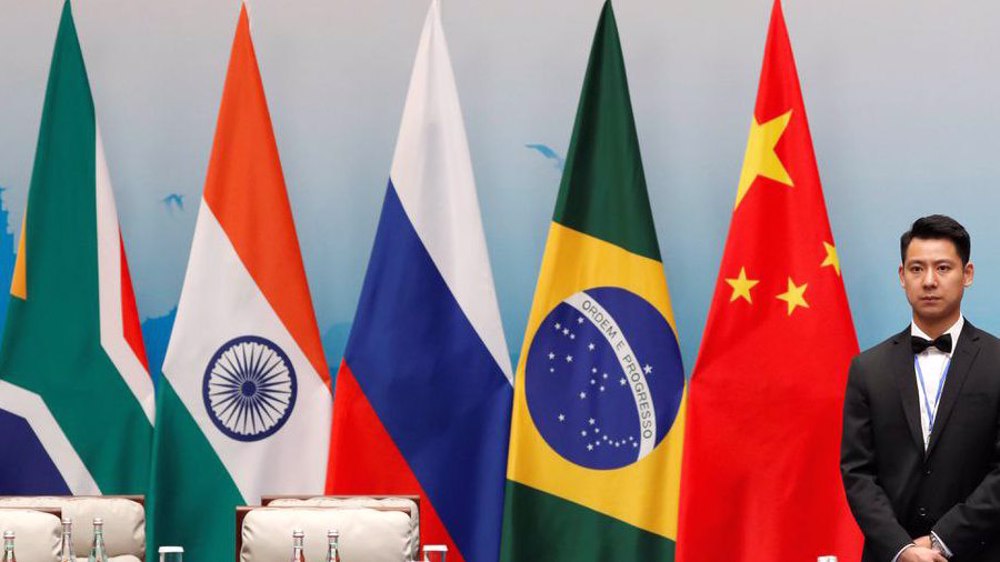
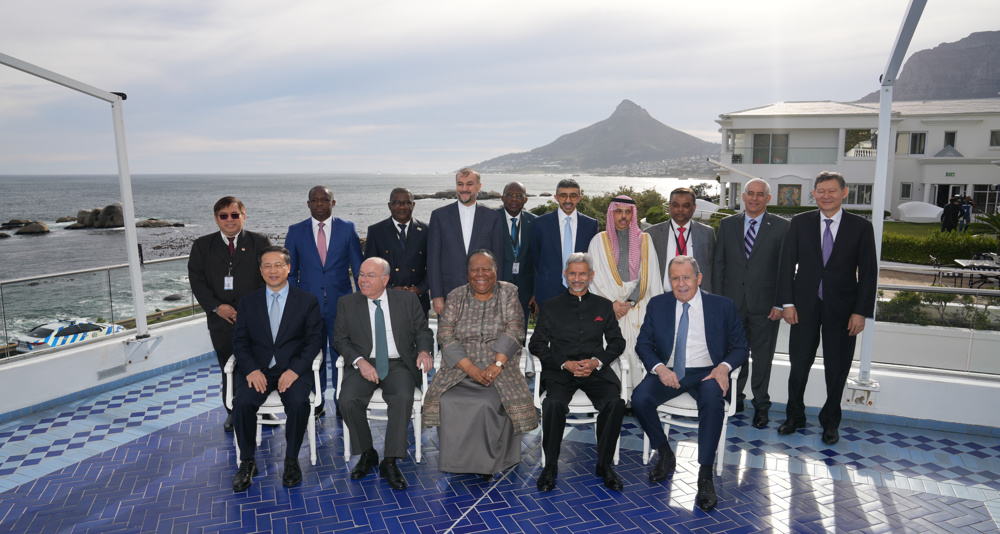
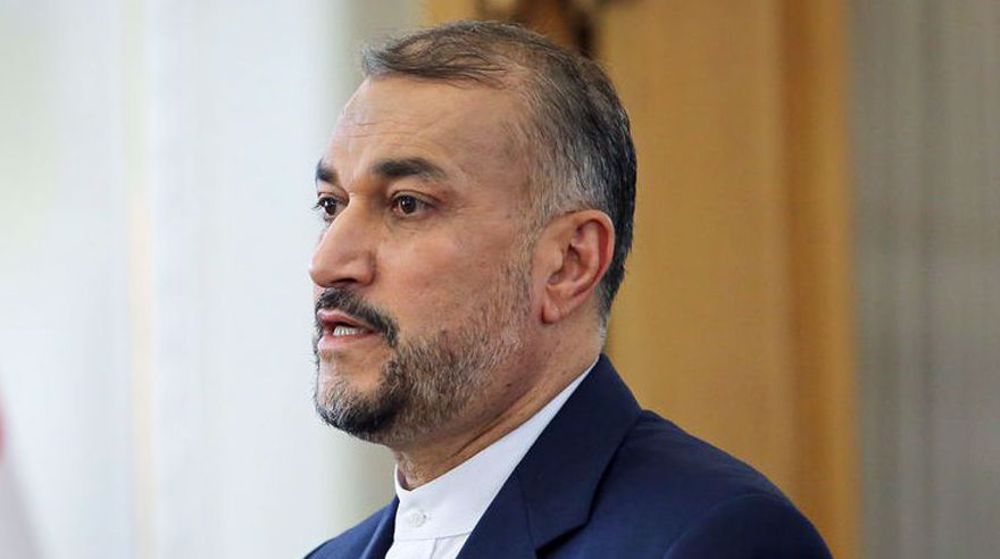


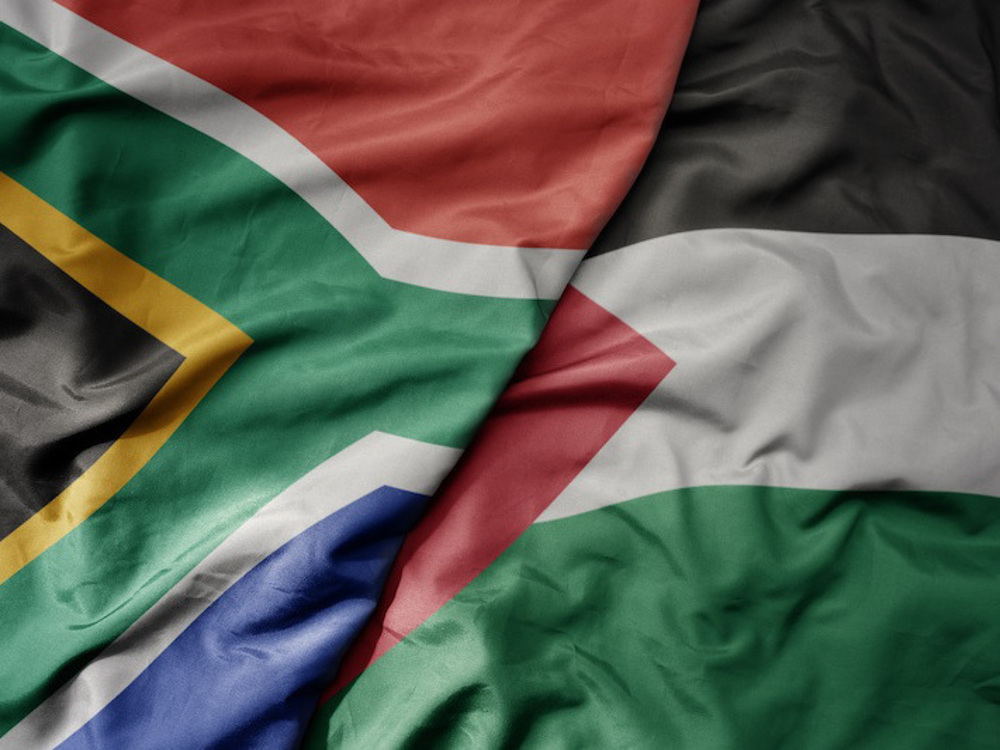



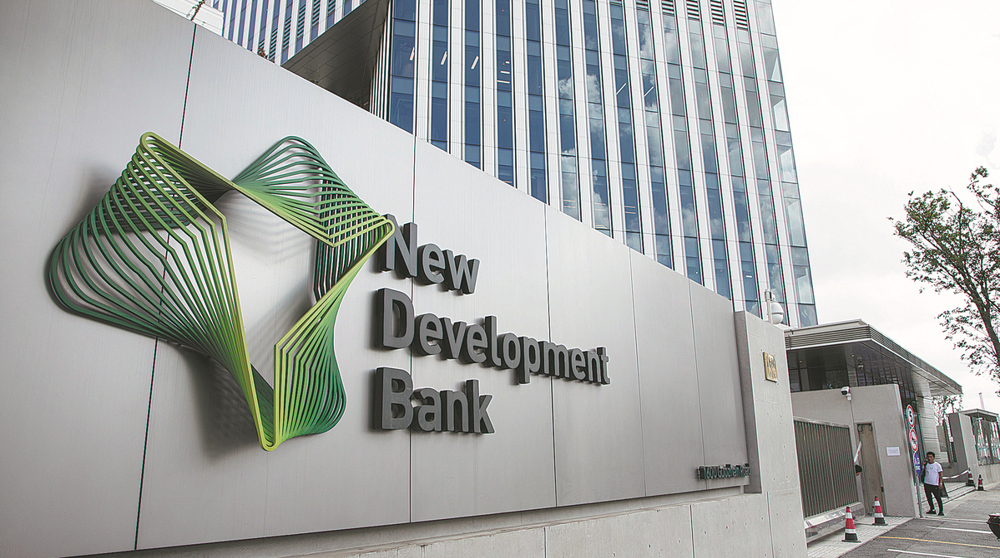
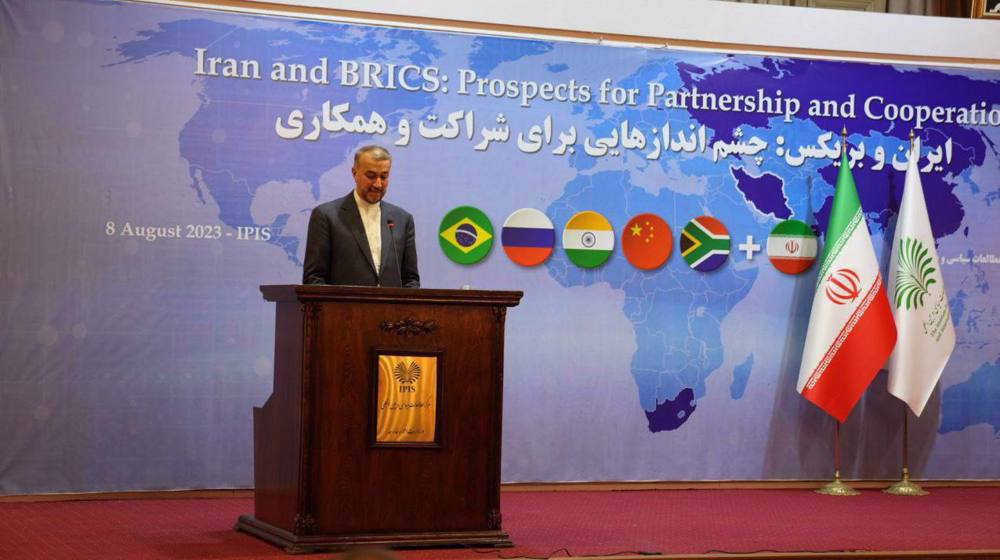
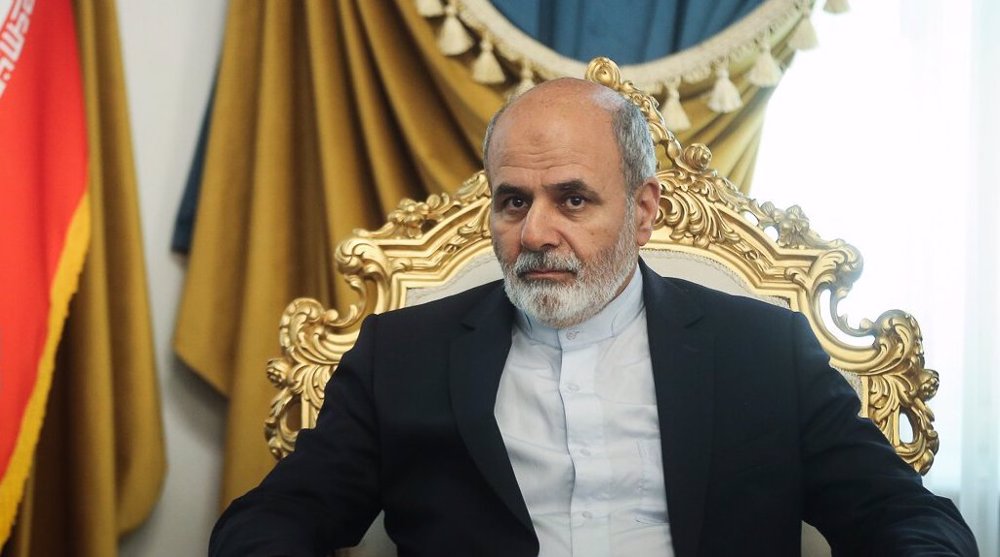
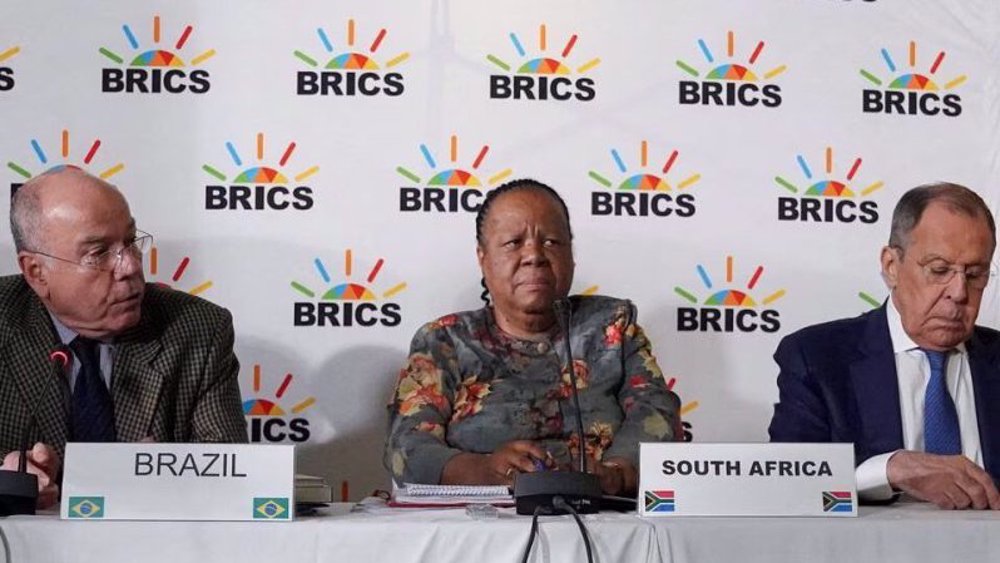

 This makes it easy to access the Press TV website
This makes it easy to access the Press TV website